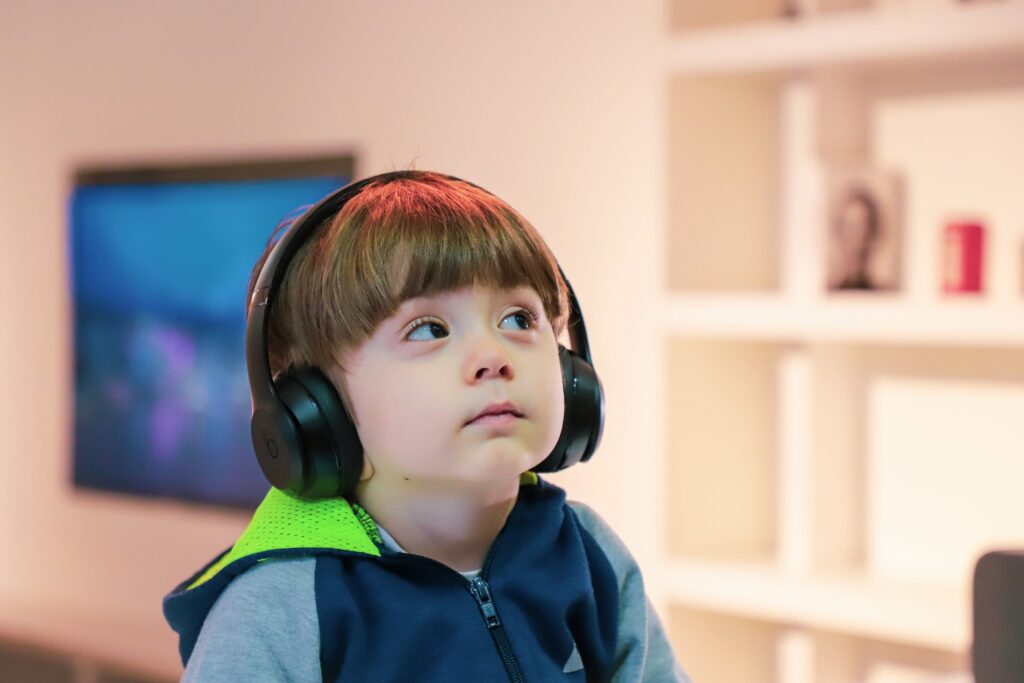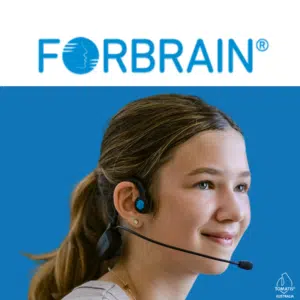Understanding the nuances of child development and the various challenges that can arise is essential for parents and caregivers. One of the most common concerns among parents is related to communication milestones. It’s not uncommon for children to develop speech at their own pace, but when should a parent become concerned?
Is it a simple speech delay or something more complex like autism? In this article, we’ll explore the key differences between autism and speech delays, shedding light on the distinct characteristics, diagnostic criteria, and available therapies.
Understanding Autism in Children
Autism, also sometimes called Autism Spectrum Disorder (ASD), is a type of a developmental disorder that affects various aspects of a child’s behaviour, communication, and social interaction. ASD is distinguished with a wide range of symptoms, which can vary in severity from one individual to another. Some common features of autism in children include:
Impaired Social Interaction:
- Children with autism may have difficulty engaging in age-appropriate social interactions. They might struggle to make eye contact, share emotions, and establish connections with their peers or adults.
Repetitive Behaviours:
- Repetitive movements or behaviours are a hallmark of autism. Children may engage in activities like hand-flapping, rocking, or repeating the same words or phrases over and over.
Communication Challenges:
- While speech delays can be a component of autism, children with autism may exhibit a range of communication difficulties. This can include a limited vocabulary, trouble with initiating or maintaining conversations, and difficulty understanding non-verbal cues like facial expressions and body language.
Sensory Sensitivities:
- Many children with autism experience heightened sensitivities to sensory stimuli, such as loud noises especially overlapping each other, bright lights, or certain textures. These sensitivities can make it challenging for them to cope with their environment.
Special Interests:
- Children with autism often develop intense, focused interests in specific subjects or objects, sometimes to the exclusion of all else.
It is important to note that autism is a lifelong condition, and early intervention is crucial for helping children with ASD develop the skills they need to navigate the world. Child autism therapy, such as Applied Behavior Analysis (ABA), occupational therapy, speech therapy and social skills training, can significantly improve their quality of life and their ability to interact with others.






